
Business
16:49, 21-Oct-2017
What does Xi mean by 'modernized economy' in the new era?
By Hou Na, Dang Zheng, Zhang Tao
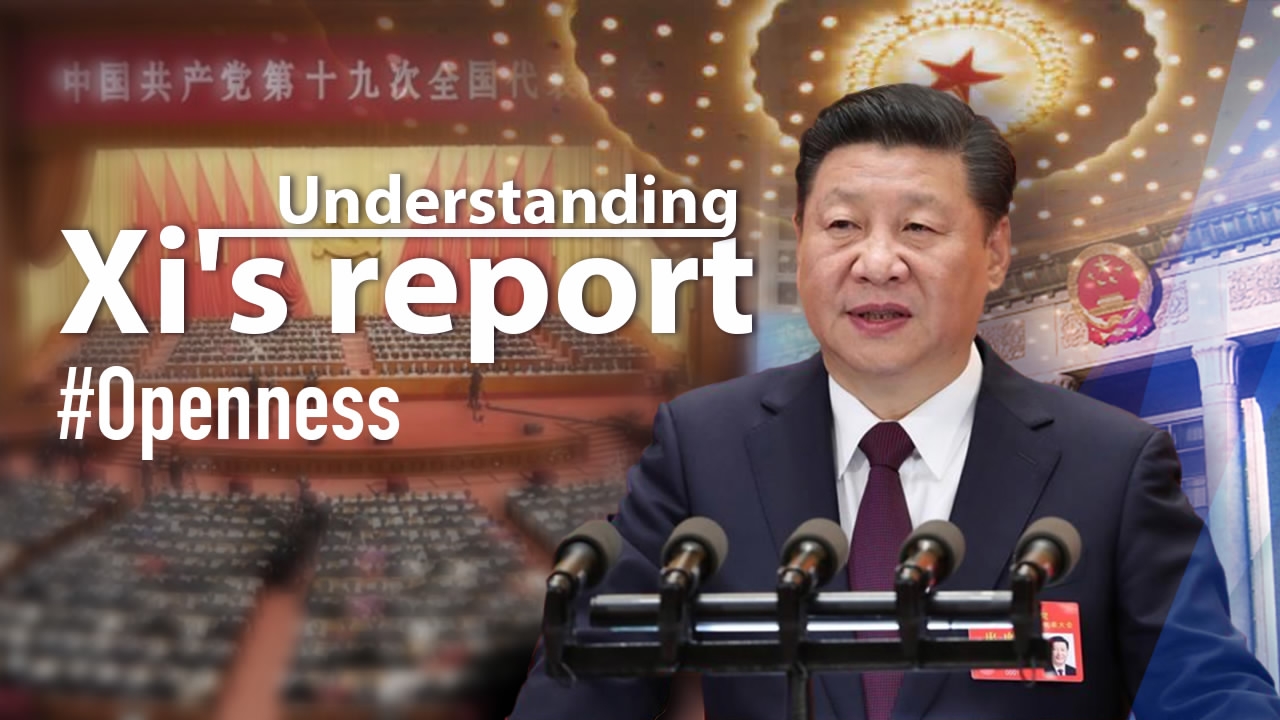
Xi Jinping, General Secretary of the Communist Party of China (CPC) Central Committee, on Wednesday envisioned a "modernized economy" for a new era.
Delivering a report to over 2,200 Party delegates during the opening of the 19th CPC National Congress at the Great Hall of People in Beijing, Xi called on "applying a new vision of development and developing a modernized economy."
It is the fundamental means to achieve the "Two Centenary Goals." The first aims to double GDP by 2020 over the 2010 figures, thus creating a moderately prosperous society, while the second aims to turn China into a "prosperous, strong and democratic" country by 2049.
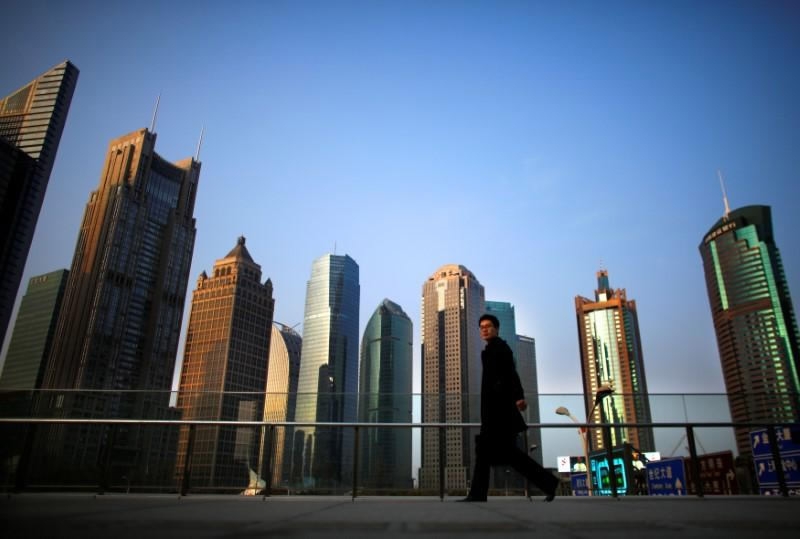
Reuters Photo
Reuters Photo
These two goals are key to the Chinese Dream, Xi stressed.
But what exactly is Xi's vision of a "modernized economy" and what does it mean for China?
- Market
In the nearly three-and-half-hour-long address, the word "market" was mentioned 21 times.
Xi said China must let the market play a decisive role in resource allocation, setting prices and technological innovation. The government will "clean up rules and practices that hinder a unified market and fair competition, support development of private firms and stimulate vitality of all types of market entities," he said.
In the meantime, he said the government should play a stronger role in the allocation of resources.
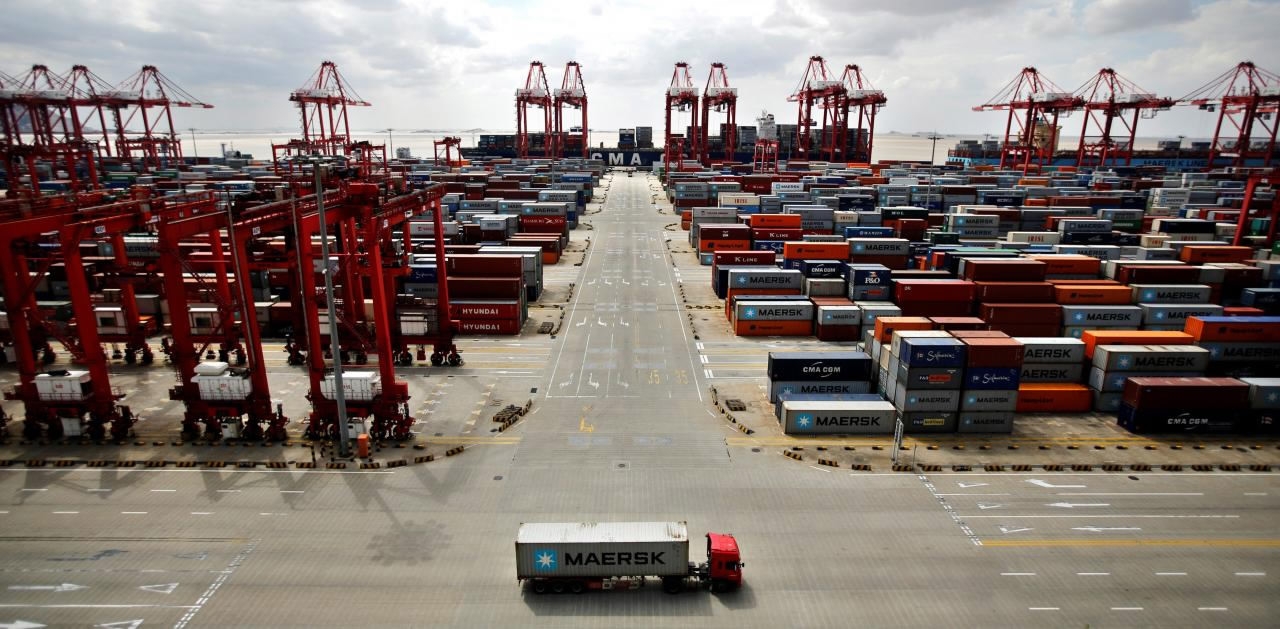
Reuters Photo
Reuters Photo
- Reform
While reassuring the role of the market, Xi also promised to deepen economic and financial reform.
China will push ahead with market-oriented reforms of its foreign exchange rate as well as its financial systems, Xi said, while expressing support for private firms and capital.
Reiterating the long-standing problems surrounding state-owned enterprises, Xi said further reforms are needed.
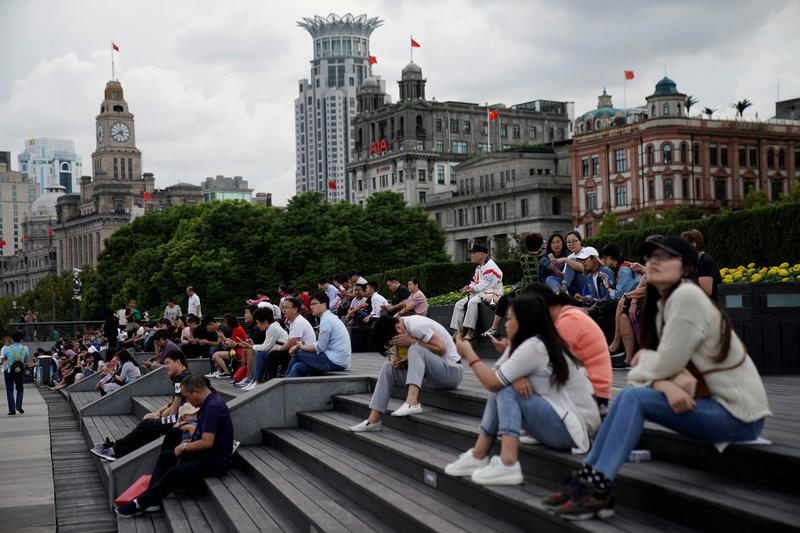
Reuters Photo
Reuters Photo
The government will "promote strengthening, improvement and expansion of state capital, (and) effectively prevent loss of state assets, deepen reform of state-owned enterprises, development a mixed-ownership economy and cultivate globally competitive world-class firms," he said, part of efforts to turn Chinese enterprises into world-class, globally competitive firms.
On finance, Xi called on more institutional reform and improvements to the financial regulatory system to better manage systemic financial risks, but did not provide further details.
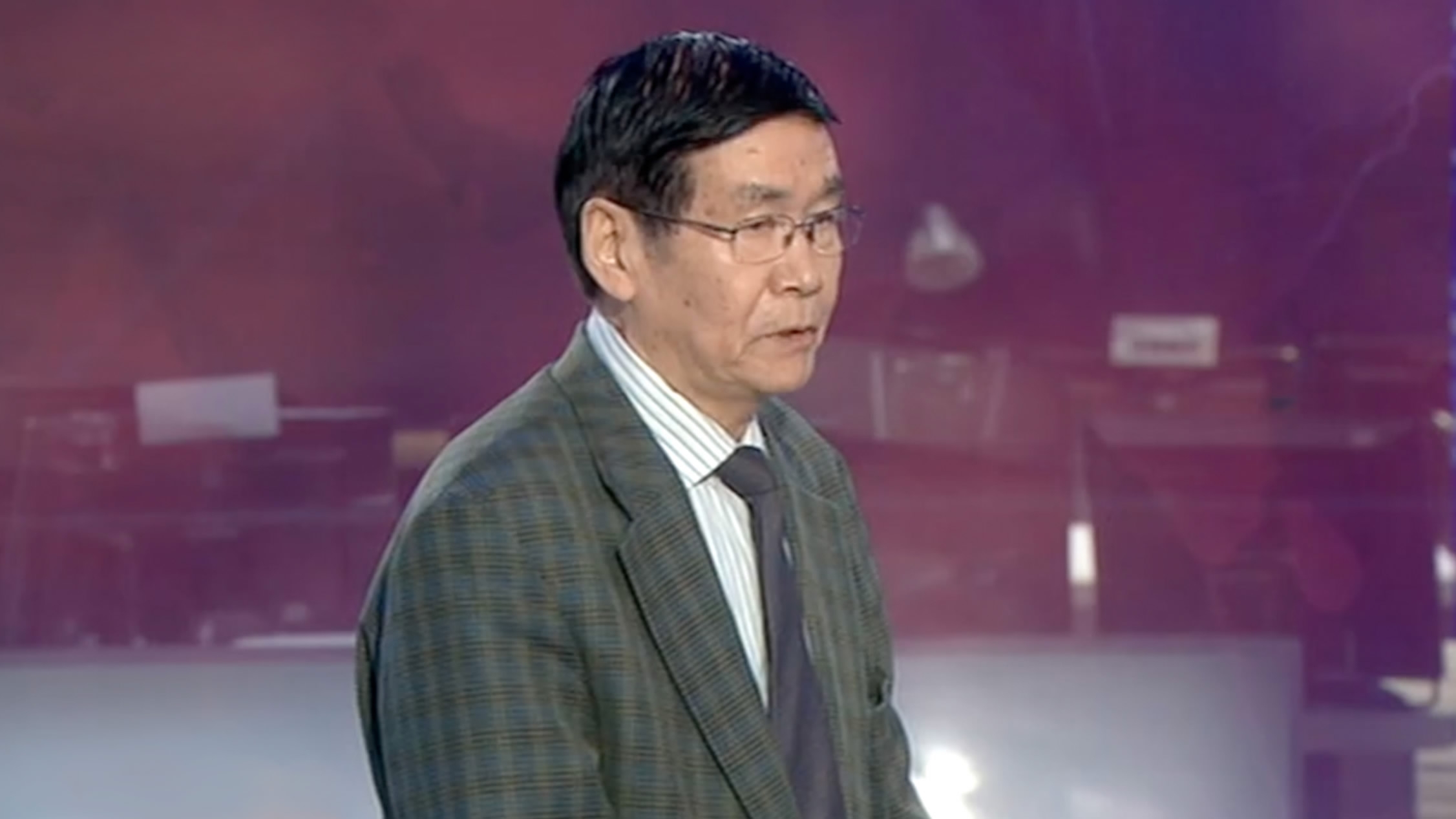
- Opening up
Xi also said China will continue to open up to the world, particularly the relatively less-developed western regions.
"China will not close its door to the world; we will only become more and more open," Xi said. "Openness brings progress, while self-seclusion leaves one behind."
The phrase "opening up" was highlighted 33 times in the report.
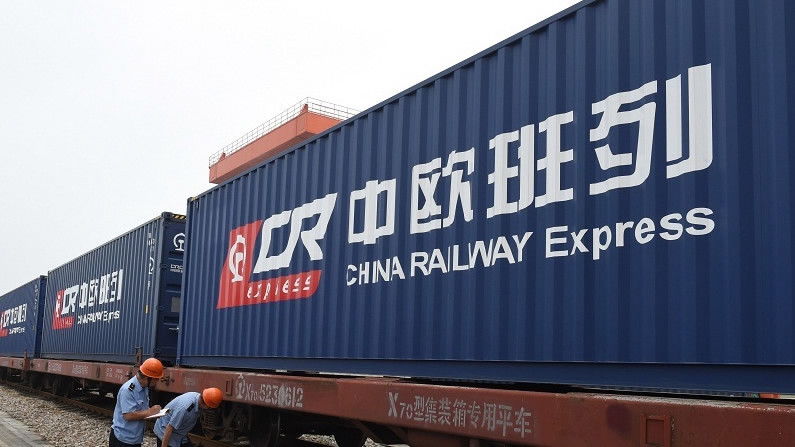
Liu Zhiqin, a senior fellow from the Chongyang Institute for Financial Studies, said opening up has been critical for China's growth in the past three decades and foreign capital inflows have led the country to learn about market mechanisms, enabling China to "go out" and do business with companies around the world.
Particularly at the time when the US is closing its doors and withdrawing from global free trade agreements, China is opening up more of its market and embracing economic globalization to confront the "America First" policy, Liu argued.
Xi also pledged to further open China's services sector and markets in western regions to foreign investors, as well as protect the legitimate rights and interests of foreign investors.

SITEMAP
Copyright © 2018 CGTN. Beijing ICP prepared NO.16065310-3
Copyright © 2018 CGTN. Beijing ICP prepared NO.16065310-3